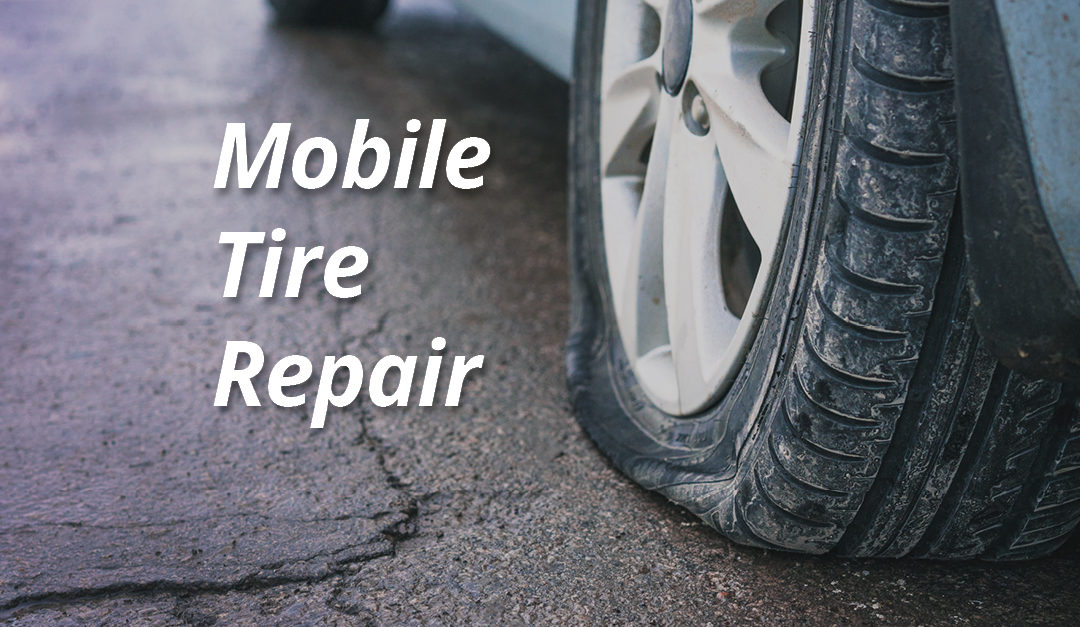Reliable Mobile Tire Change and Replacement in Las Vegas
Reliable Mobile Tire Change and Replacement in Las Vegas
Blog Article
Tire Service: Proven Approaches for Optimum Tire Upkeep and Care
From making certain correct tire pressure to routine rotation and positioning, there are tried and tested approaches that can substantially expand the life-span of your tires and boost general driving experience. Let's delve into the world of tire service and discover the tricks to keeping your tires in top-notch form for the lengthy haul - Mobile Tire Repair Las Vegas.
Importance of Tire Pressure
Proper tire stress is a vital aspect in making sure ideal car performance and security when driving. Preserving the recommended tire pressure degrees provided by the manufacturer supplies countless advantages. Firstly, appropriate tire pressure promotes far better gas efficiency, as under-inflated tires can cause boosted rolling resistance, causing the engine to work more difficult and eat more fuel. Appropriate tire stress guarantees even tread wear, boosting tire durability and conserving money in the lengthy run by postponing the need for early replacements. In addition, properly inflated tires add to improved handling and stopping capabilities, essential for safe driving in numerous road problems. Over-inflated tires, on the various other hand, can result in decreased grip and a harsher ride. On the other hand, under-inflated tires are susceptible to getting too hot, which can lead to blowouts and crashes. Consistently examining and readjusting tire stress, especially eventually trips, is a straightforward yet efficient means to boost automobile efficiency, extend tire life expectancy, and focus on security when traveling.
Tire Turning Standards
When taking into consideration tire turning standards, it is vital to understand the relevance of this upkeep job in maximizing tire lifespan and keeping optimal vehicle performance. Tire turning includes transforming the setting of each tire on a car to guarantee even tread wear. Front tires often tend to wear quicker than back tires because of guiding pressures, making normal rotation important for balanced wear patterns. The advised rotation pattern varies depending on whether a lorry is front-wheel, rear-wheel, all-wheel, or 4x4. Typically, tires ought to be rotated every 5,000 to 7,500 miles, or as suggested in the automobile manual. Ignoring tire turning can result in uneven wear, influencing handling, traction, and possibly compromising automobile security. By adhering to correct rotation standards, chauffeurs can extend the life of their tires, boost fuel performance, and improve total driving experience. Normal rotation is a straightforward yet efficient upkeep practice that contributes dramatically to tire durability and lorry efficiency.

Benefits of Wheel Placement
Making sure appropriate wheel positioning after tire rotation is vital for preserving balanced wear patterns and taking full advantage of car efficiency. Furthermore, correct wheel placement aids to prolong the life-span of your tires. Misaligned wheels can cause irregular tire wear, leading to premature tire replacement and raised upkeep prices.

Tire Footstep Deepness Examine
Performing a regular assessment of tire step deepness is vital for keeping secure driving problems and prolonging the lifespan of your tires. The tread on your tires plays a crucial role in offering traction, particularly in unsafe or damp problems. To inspect your tire step deepness, you can utilize a tread deepness scale or the cent test. The suggested walk depth is at least 2/32 of an inch. It is time to change your tires to make sure ideal efficiency and security on the road if the tread depth is listed below this limit. Uneven walk wear can suggest issues with tire stress, suspension, or placement, highlighting the relevance of normal tread deepness checks. Ignoring to keep an eye on and maintain appropriate walk depth can lead to lowered hold, longer braking distances, and a boosted danger of hydroplaning. By incorporating tire step depth check out your regular upkeep timetable, you can drive with confidence knowing that your tires remain in top problem.
Seasonal Tire Inspection
A thorough analysis of tire condition customized to details climate condition is important for keeping optimal performance and safety and security throughout visit this site right here the year. Seasonal tire inspection is an essential facet of tire upkeep that guarantees tires are prepared to encounter the challenges positioned by various climate condition. In preparation for wintertime, it is important to check the tire pressure on a regular basis as cool temperatures can cause tire pressure to drop. Checking tire step deepness is also important to ensure appropriate grip on snow and frozen roadways. In addition, checking for indications of wear and tear, such as cracks or bulges, can help avoid possible tire failures. As the seasons change, it is necessary to examine tire condition and make any needed adjustments to guarantee secure driving. By performing regular seasonal tire examinations, vehicle drivers can extend tire life-span, boost gas effectiveness, and most significantly, make sure Full Article a safe driving experience in varying weather - Flat Tire Repair Las Vegas.
Conclusion
Finally, maintaining proper tire stress, rotating tires regularly, lining up wheels correctly, checking tread deepness, and carrying out seasonal examinations are vital practices for ideal tire treatment. By adhering to these confirmed methods, motorists can ensure their tires last longer, execute better, and add to total car safety and security. It is essential to focus on tire upkeep to stop crashes, boost fuel effectiveness, and lengthen the life-span of tires.
Sufficient tire stress advertises far better fuel effectiveness, as under-inflated tires can lead to raised rolling resistance, causing the engine to work more challenging and eat more gas.When considering tire rotation guidelines, it is necessary to recognize the importance of this upkeep task in making best use of tire life-span and maintaining optimal car performance. Seasonal tire inspection is a fundamental facet of tire upkeep that ensures tires are ready to encounter the challenges positioned by different weather conditions. By conducting routine seasonal tire examinations, chauffeurs can extend tire life expectancy, enhance fuel efficiency, and most importantly, ensure a safe and secure driving experience in differing climate problems.
In final thought, visit this website preserving appropriate tire pressure, revolving tires frequently, lining up wheels correctly, monitoring tread deepness, and carrying out seasonal inspections are vital practices for optimal tire treatment.
Report this page